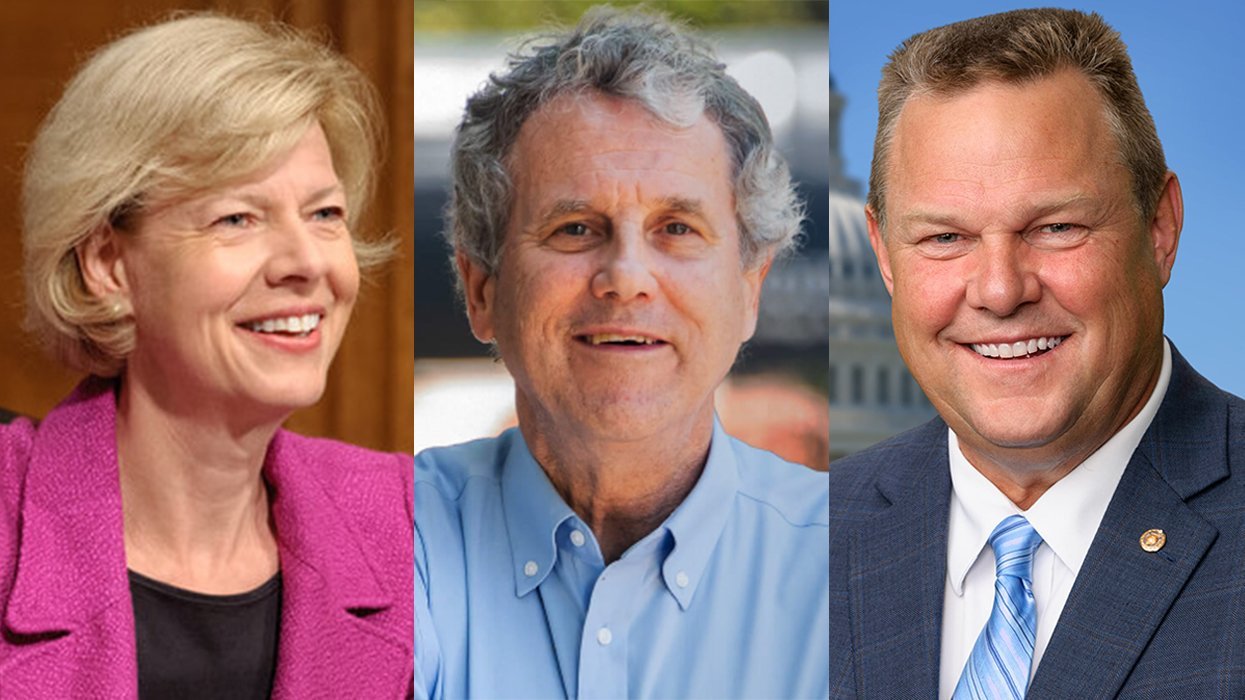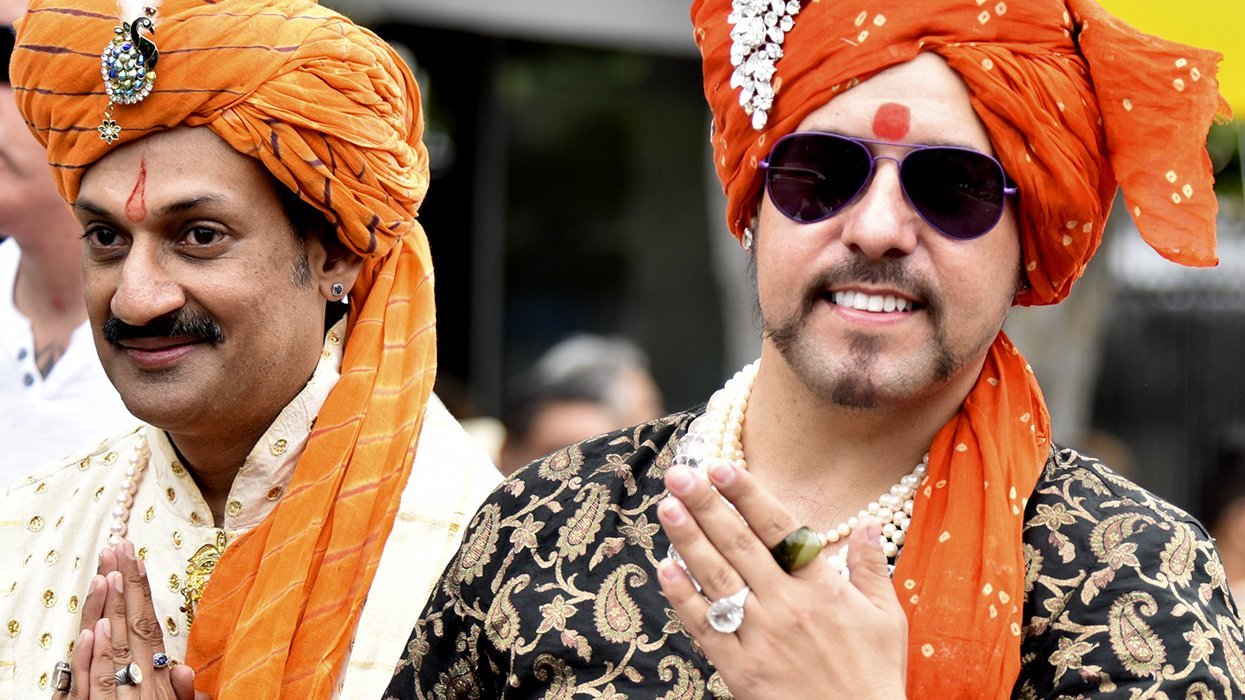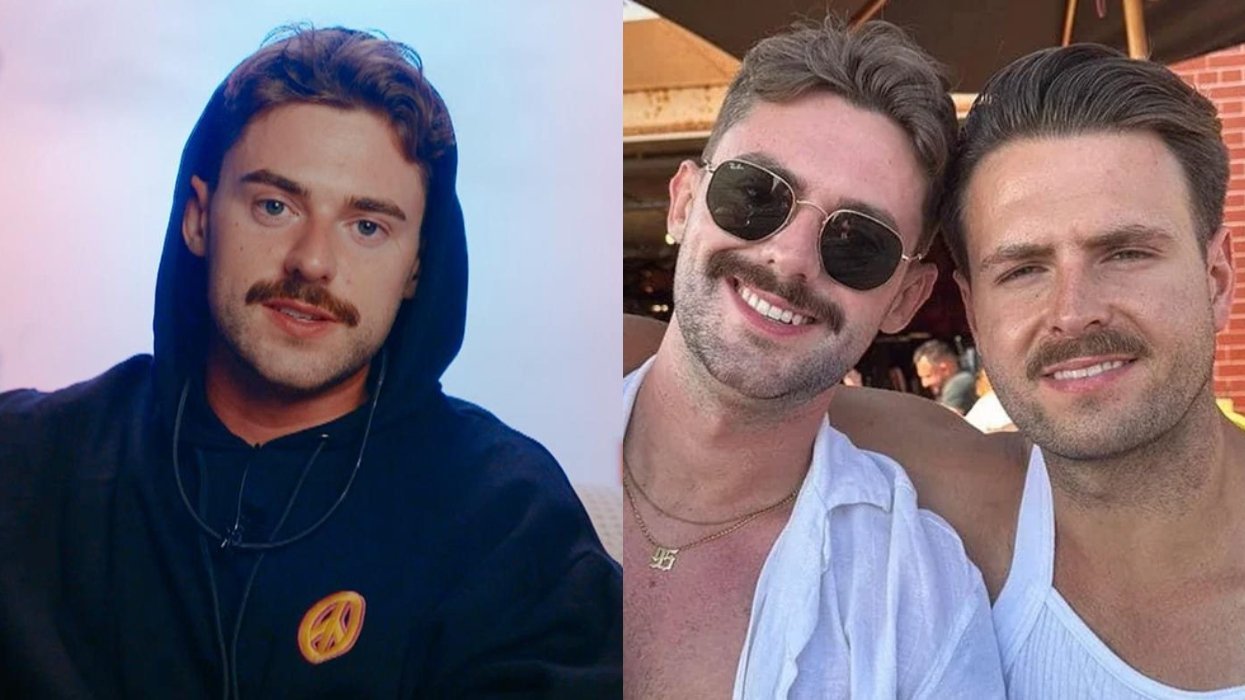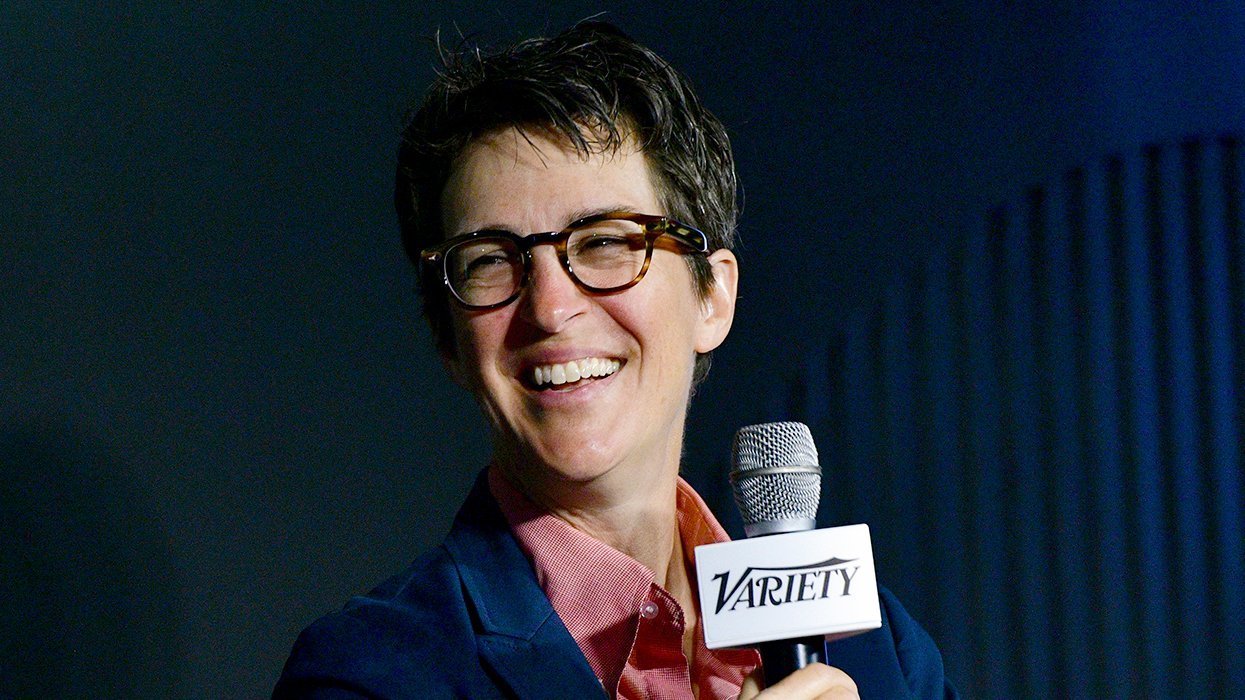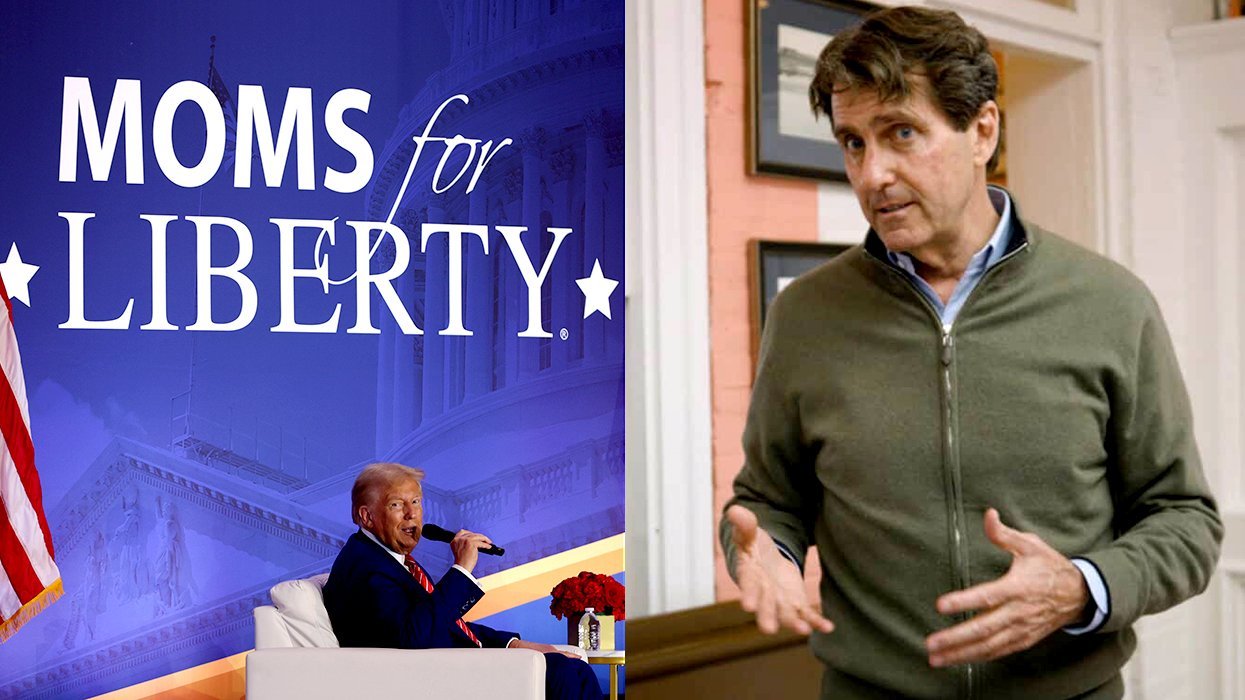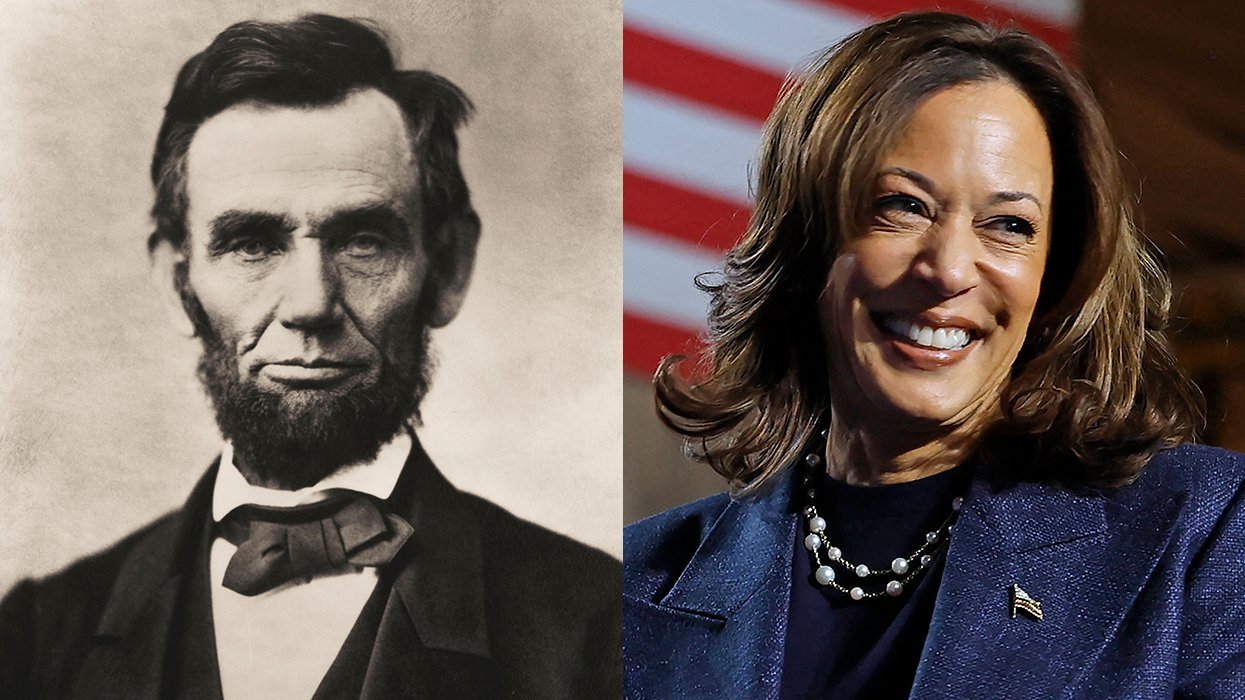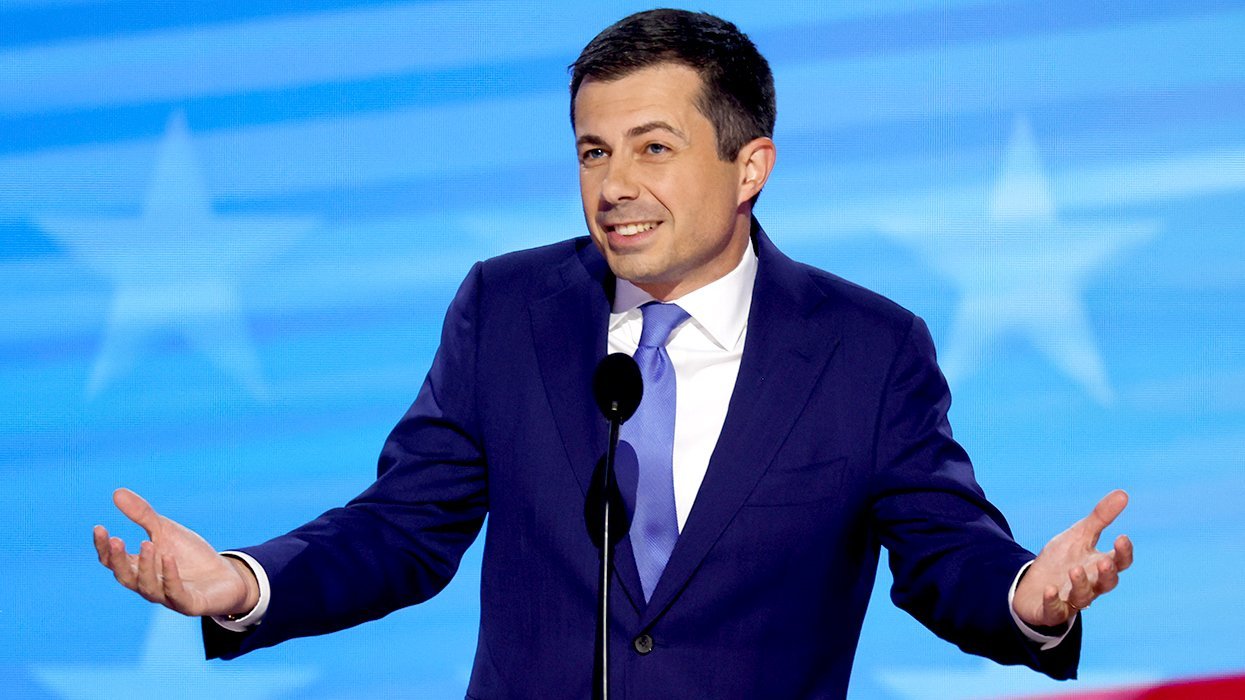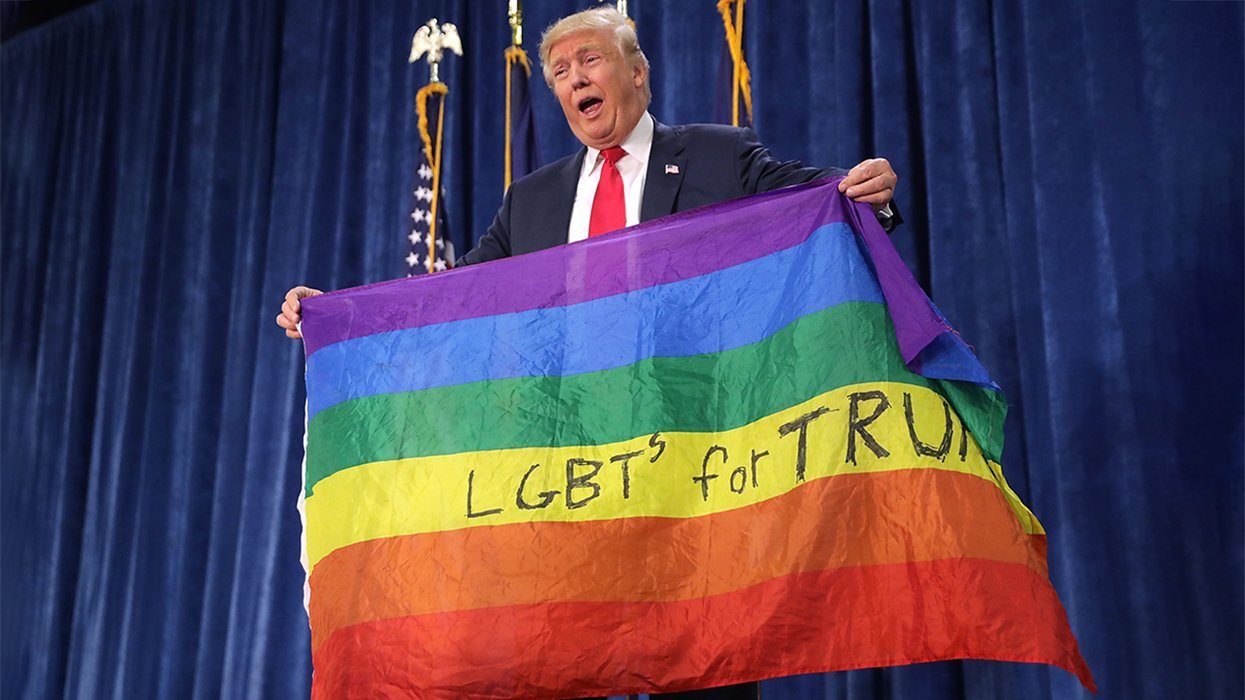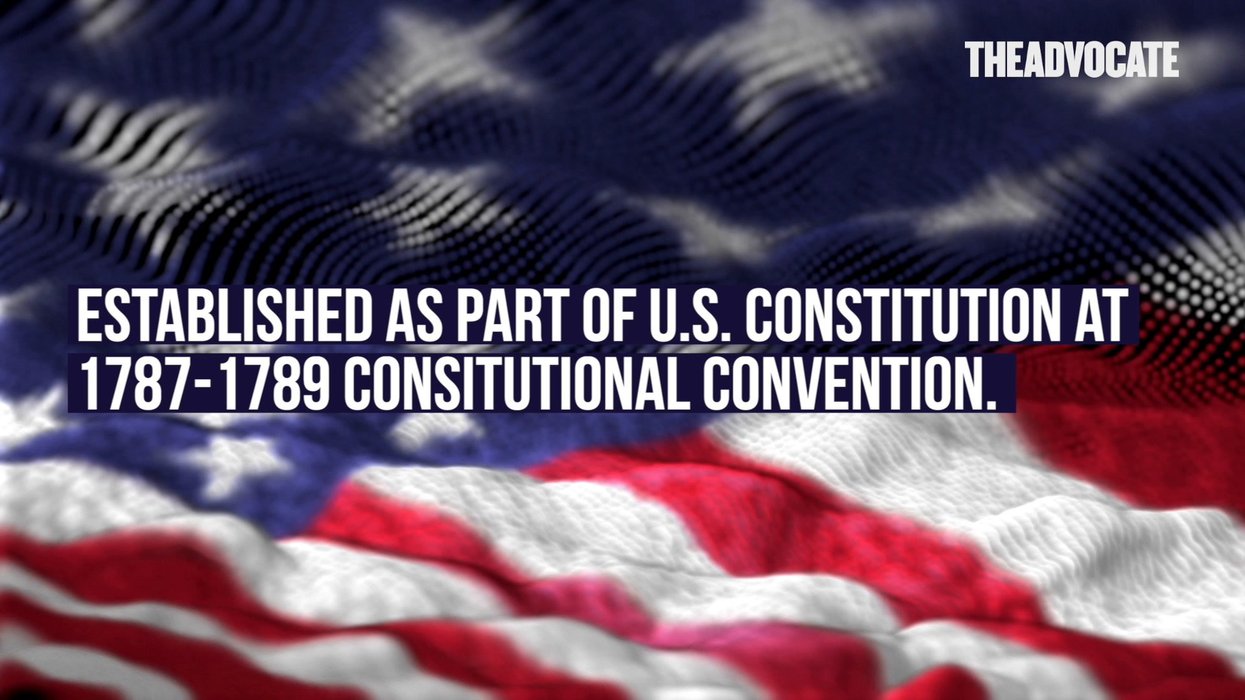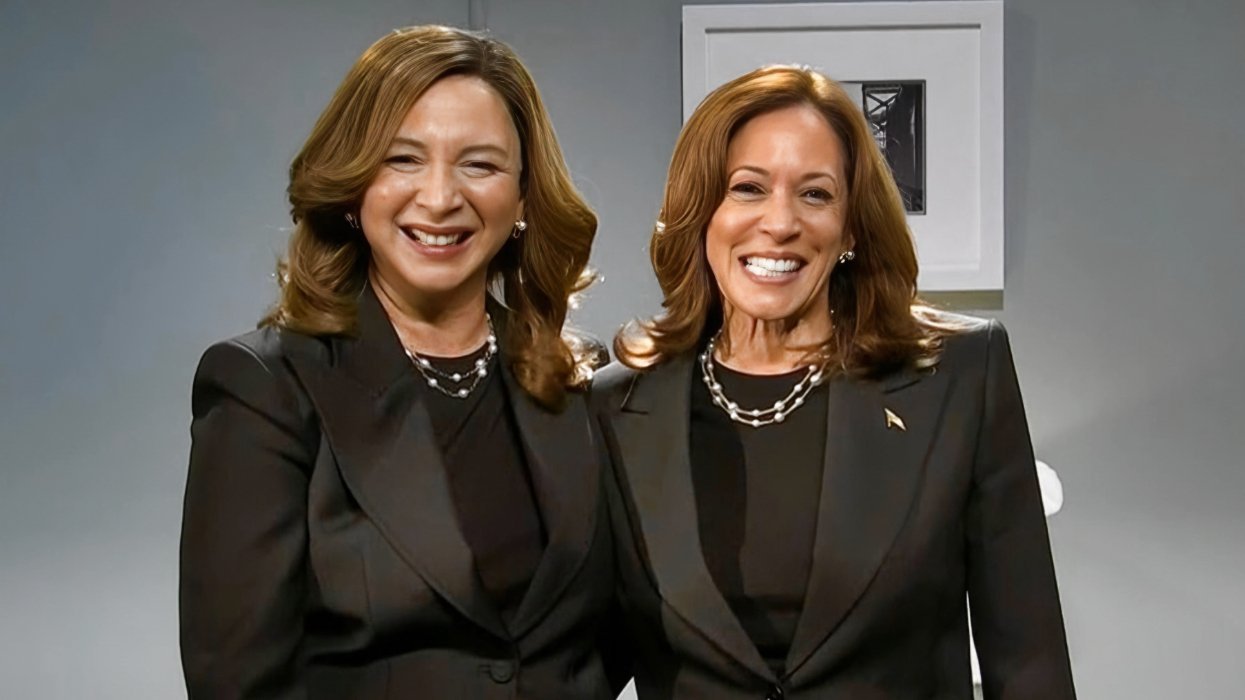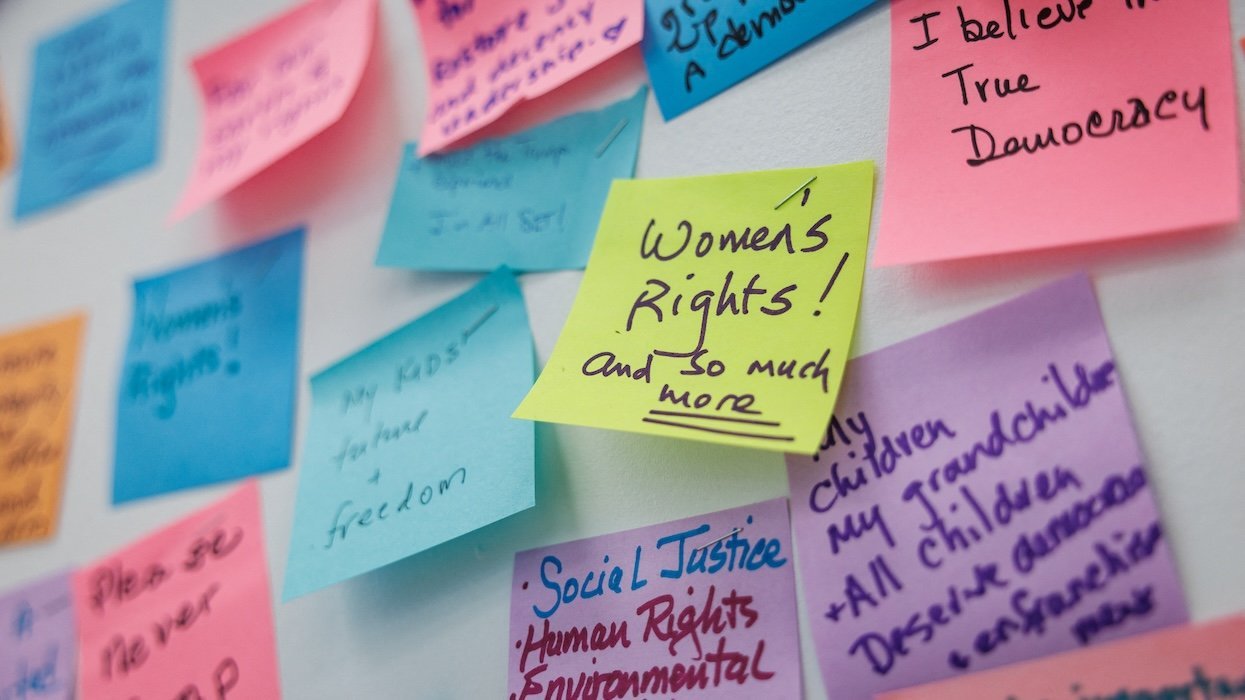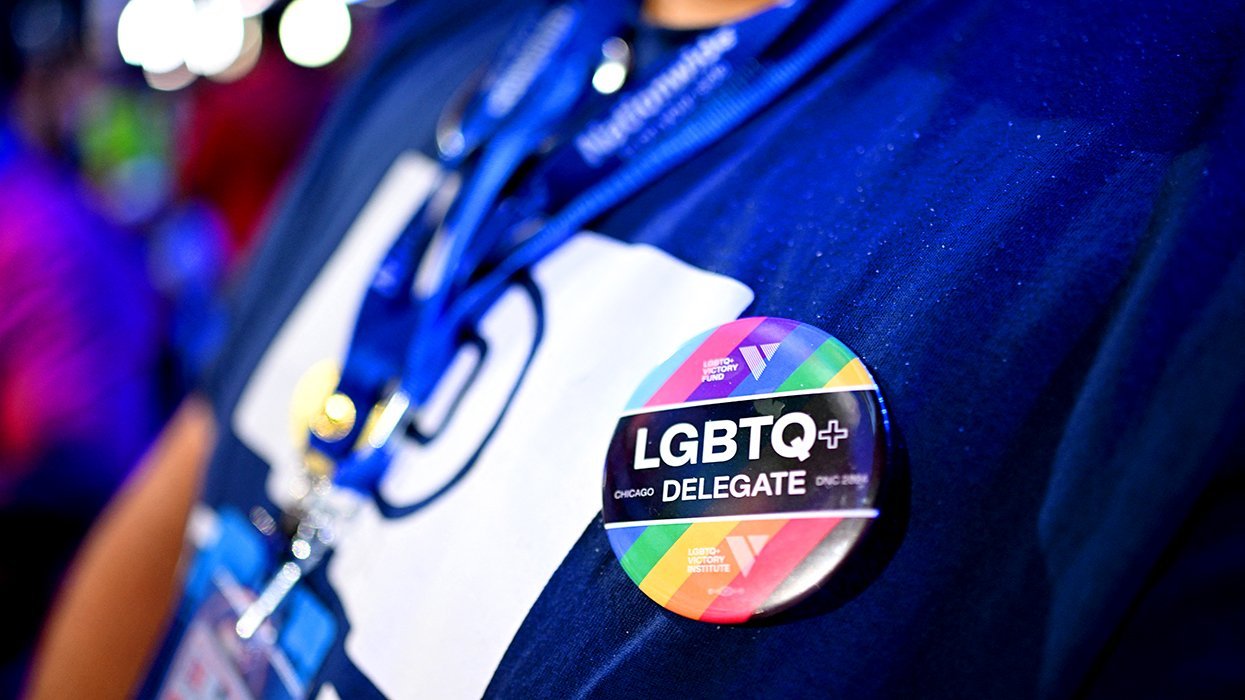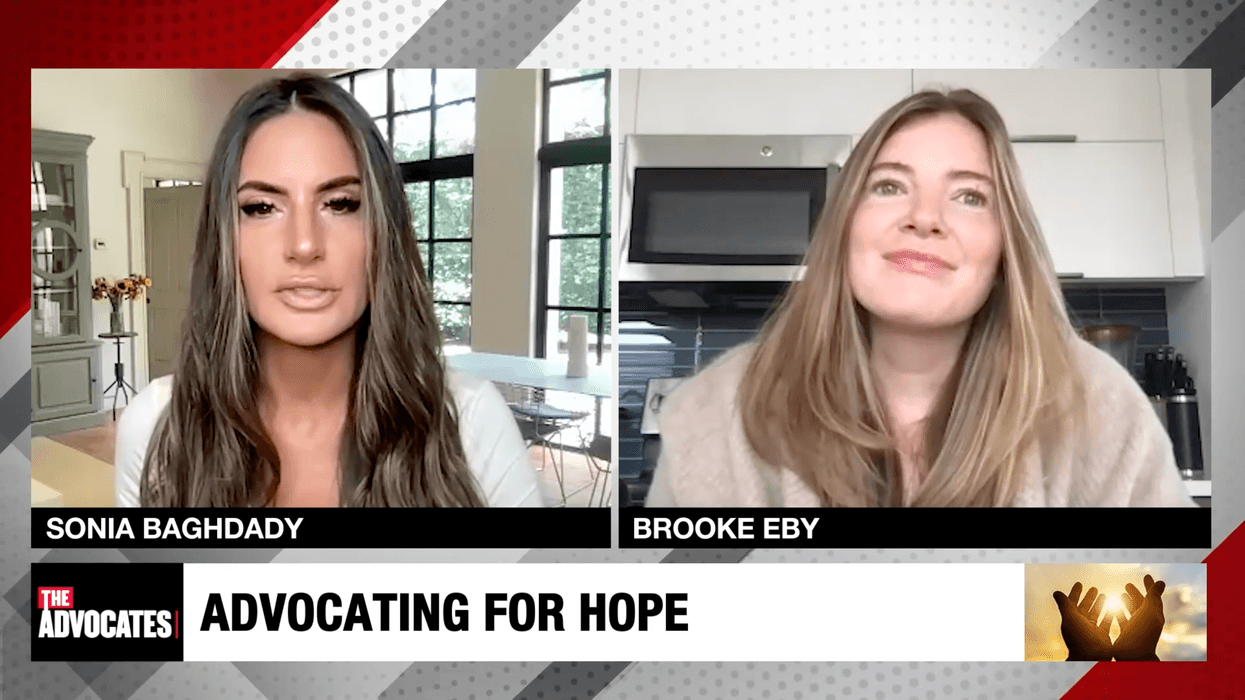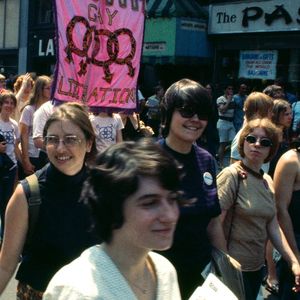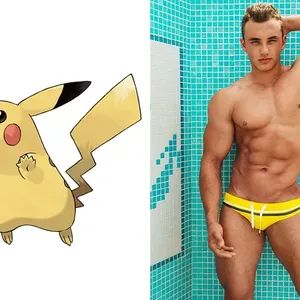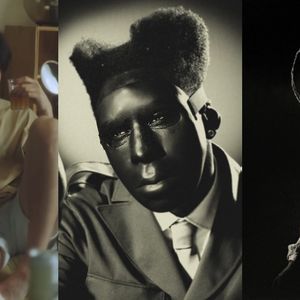LGBT activists in Northern Ireland are calling on a municipal official to apologize after saying gay people can be "cured" by prayer, but so far he hasn't done so.
Thomas Kerrigan, the deputy mayor of Kerry and Strabane, said last week that lack of church attendance left young people vulnerable to "being gay" as well as developing addiction to alcohol or drugs, but that if "people relied more on prayer it could cure a lot of these problems," the Belfast Telegraph reports.
Kerrigan, a member of the Democratic Unionist Party, made the comments after his party vetoed an effort to bring marriage equality to Northern Ireland, the only part of the United Kingdom without marriage rights for same-sex couples.
The nation's Legislative Assembly voted November 2 to legalize same-sex marriage, by a one-vote margin, but the party used a power-sharing rule to override the vote. The power-sharing rules were set up as part of a 1998 accord aimed at promoting peace between Protestants and Catholics in Northern Ireland, and political parties "can use this mechanism if they feel there is not enough backing from Protestants or Catholics for particular legislation," London's Guardian explains.
"I have to commend the party for taking the stand," Kerrigan told the Derry Journal adter the action. "The churches came out to support against that vote."
Some LGBT rights supporters say Kerrigan should take back his comments and perhaps even resign. "To suggest that someone can be 'cured' is saying that if you are gay, then you have some kind of illness, which is ridiculous," Bebe Johnston, mother of the late gay activist Eamon Johnston, told the Telegraph this week. "It actually makes my blood boil that people can still spout this kind of nonsense in this day and age. He certainly should not be in a position where he is supposed to represent everyone." She added that her son was born gay and she remains "immensely proud" of him.
Malachai O'Hara, health and well-being manager at the Rainbow Project, an LGBT group, said Kerrigan needs to "withdraw his remarks and apologize." The Democratic Unionist Party should clarify where it stands on reparative therapy, he said, as other members have made similar statements, but a party spokesman said there is no official stand and that members are free to hold divergent views, the Telegraph reports.
Kerrigan did not respond to the Telegraph's requests for comment.















